AML Report Card published: development around the world
There is no doubt of the importance of accurate location in responding to an emergency, as minutes or even seconds of delay in assistance can completely change a situation. But what happens when a person in an emergency finds themselves in an unfamiliar city, remote area, or in a state that might not allow them to provide clear information of their whereabouts?
That is when Advanced Mobile Location (AML) plays its life-saving role. This feature, part of all the main operating systems, identifies when a call is being placed to an emergency number so it activates the device’s location, sends it as an encrypted free of charge SMS to the emergency centre receptioning the call, and then deactivates location.
AML has been integrated in nearly all mobile phones in the world for a few years now, but not every country has yet taken the necessary steps to be able to receive the caller location information. After completing implementation in the Netherlands, 15 countries now count with this technology that allows for emergency services to be more efficient – and save more lives.
And, as the new European Electronic Communications Code has made AML implementation mandatory in all Member States by December 2020, more and more countries are mobilising towards bringing this life-saving feature.
To support them in these efforts, EENA has produced the first edition of the annual AML Report Card to bring you all the information about how AML is currently deployed and operated in each country and how they compare with a comprehensible table included in the annex.
Access now the publication to learn all the possibilities and impact of implementing AML and creating a safer world for all of us.
